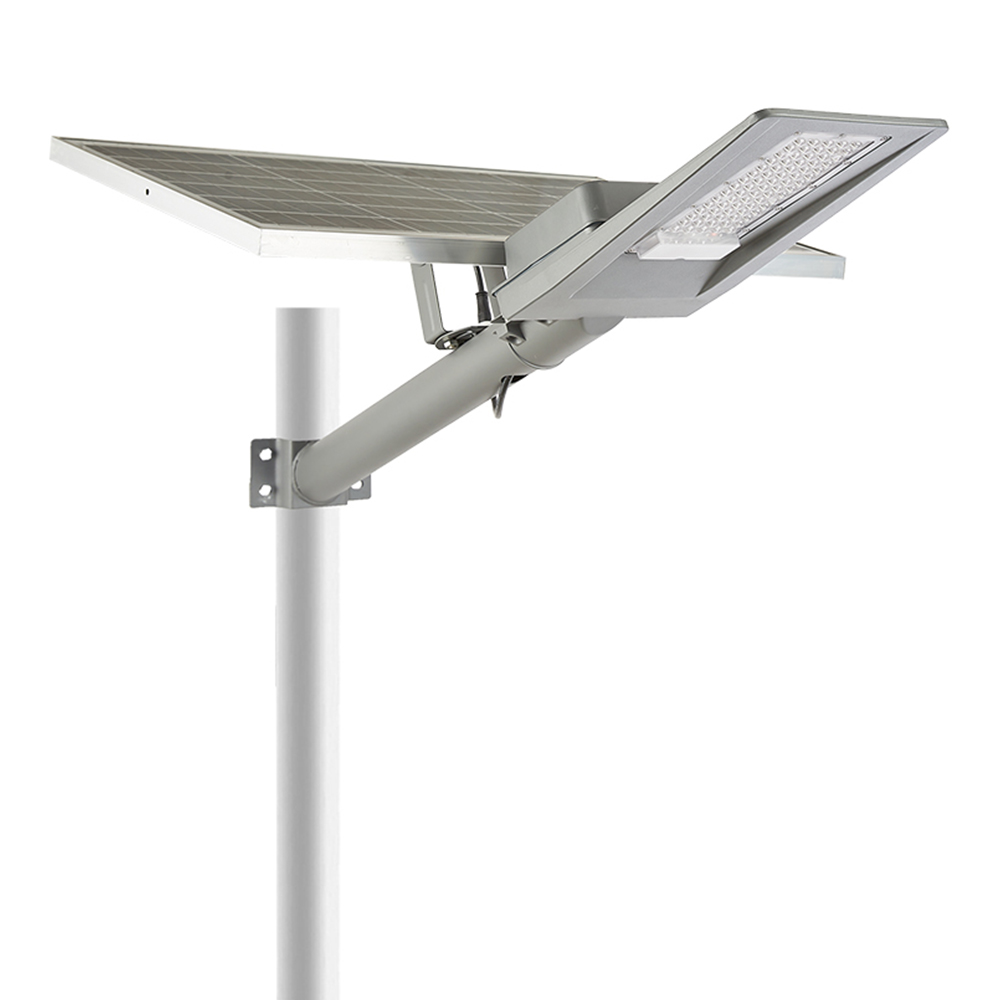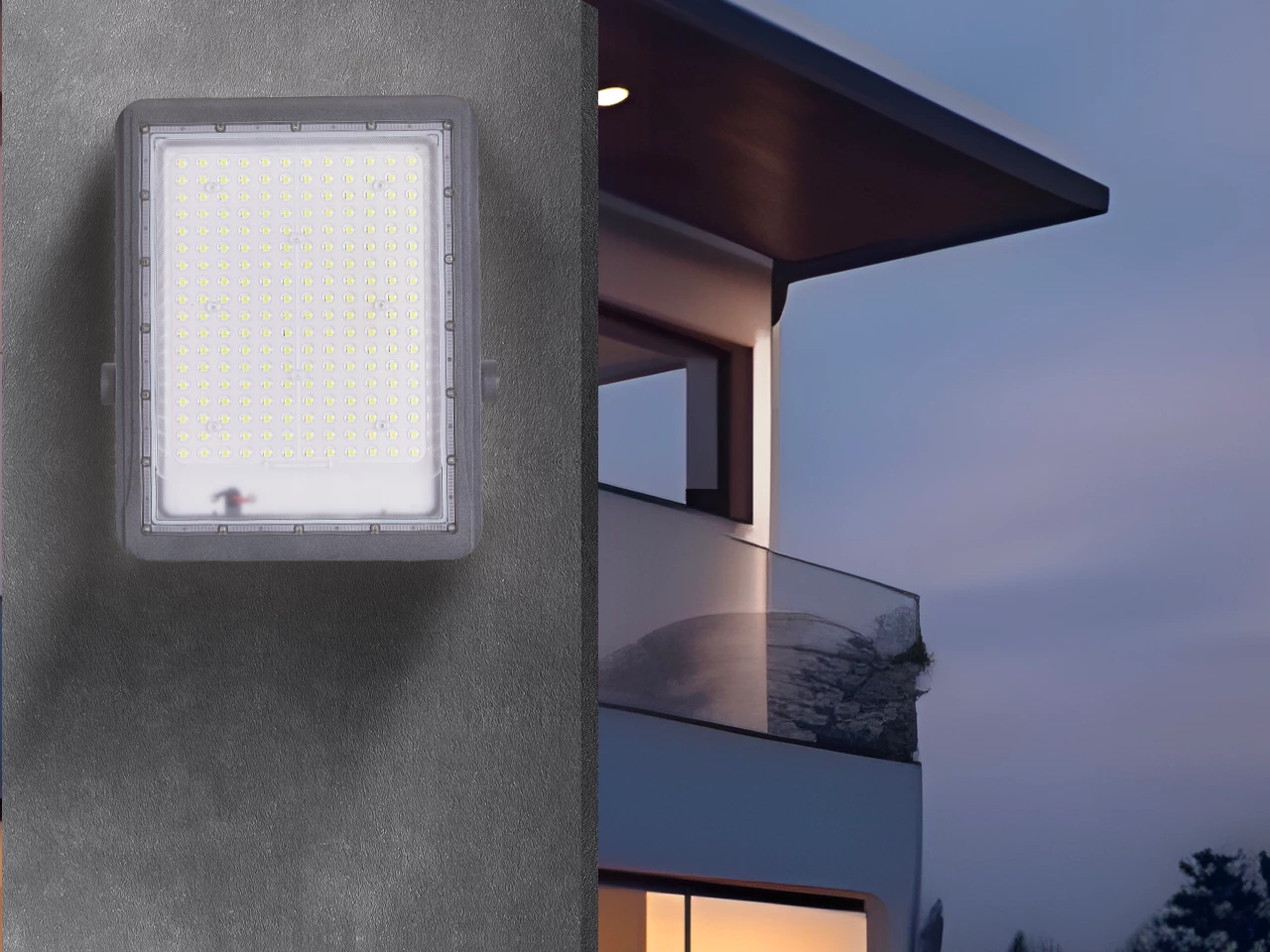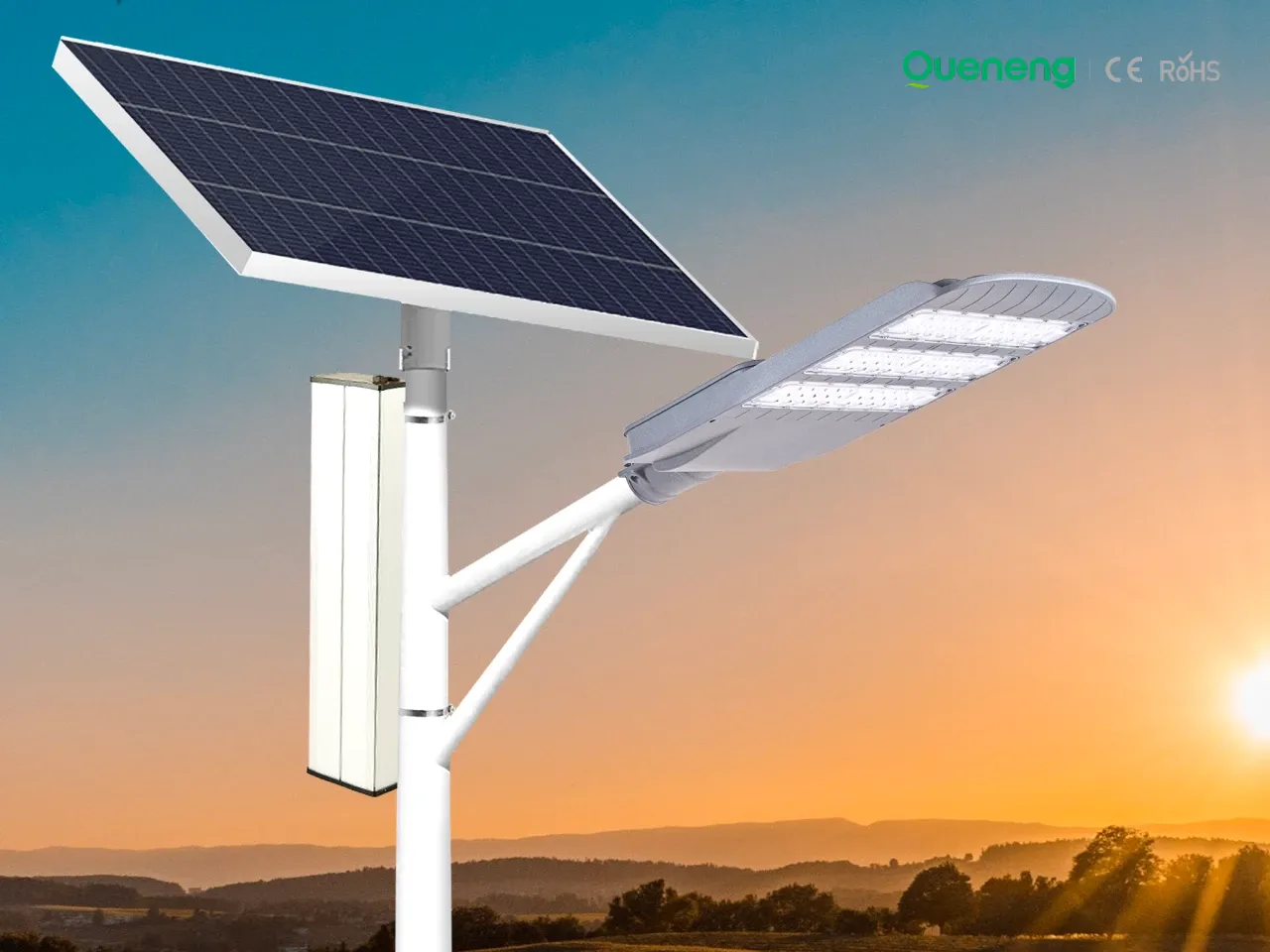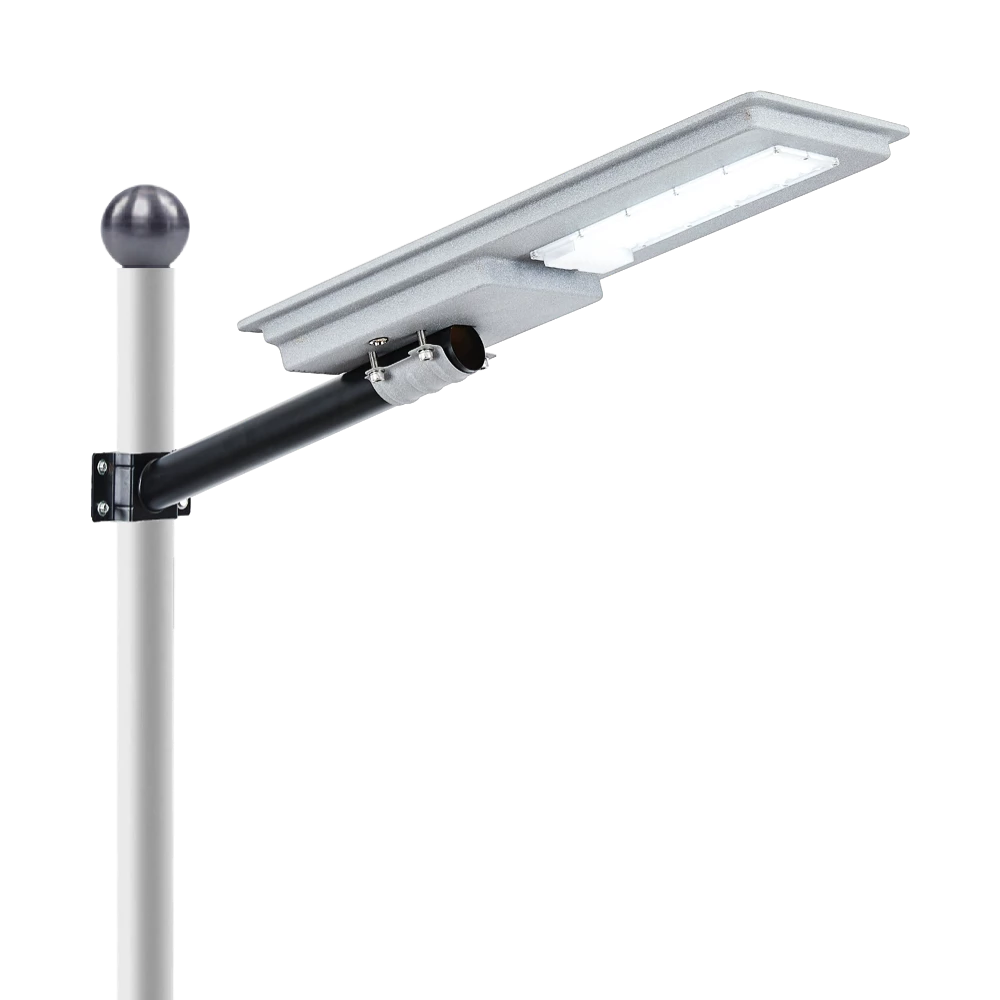What Is the Conversion Rate of Solar Panels? | Understanding Solar Panel Efficiency
Discover what solar panel conversion rate means, why it matters, how it’s measured, and how different technologies compare. Learn how to choose high-efficiency solar panels for your home or commercial project.
When considering installing a solar system for your home or business, one of the key performance metrics to evaluate is the solar panel conversion rate, also known as solar efficiency. This metric tells you how effectively a solar panel converts sunlight into usable electricity. The higher the conversion rate, the more electricity a panel generates per square meter, which is especially important for space-constrained installations.

1. What Is Solar Panel Conversion Rate?
The solar panel conversion rate indicates the percentage of sunlight that a panel converts into usable DC electricity under standard test conditions (STC), which include:
- Solar irradiance: 1000 W/m²
- Temperature: 25°C
- Air Mass: 1.5
For example, if a panel receives 1000 watts per square meter of sunlight and outputs 200 watts of electricity, its conversion rate is 20%.
2. Typical Efficiency Rates by Technology
| Technology | Typical Conversion Rate |
|---|---|
| Monocrystalline Silicon | 18% – 23% |
| Polycrystalline Silicon | 15% – 18% |
| Thin-Film (CdTe, a-Si) | 10% – 14% |
| High-Efficiency Types (IBC, HJT) | 22% – 25% |
| Lab-Grade Cells (Not yet commercial) | Over 40% |
3. What Affects Solar Conversion Efficiency?
- Cell Type: Monocrystalline panels are typically more efficient than polycrystalline or thin-film types.
- Temperature: Higher temperatures reduce efficiency.
- Panel Age: Efficiency decreases slightly over time.
- Dirt & Shading: Debris and shadows can significantly reduce output.
- Orientation & Tilt: Proper angle and direction ensure maximum sunlight capture.
- Charge Controller Type: MPPT controllers improve system performance over PWM types.
4. Why Does Conversion Rate Matter?
- Space Optimization: Higher efficiency means fewer panels for the same output.
- Higher ROI: More energy equals faster payback and lower cost per kWh.
- Clean Aesthetics: Fewer panels can result in a cleaner-looking installation.
- Off-Grid Reliability: Higher efficiency panels reduce battery strain and recharge faster.
5. Real-World High-Efficiency Panels
- SunPower Maxeon 6 – Up to 22.8%
- LG NeON R – Approx. 22%
- REC Alpha Pure – Approx. 21.9%
- Trina Vertex S+ – Approx. 21.5%
6. Industry Trends
Solar panel efficiency has steadily increased over the past decade:
- 2010: Avg. 14% – 16%
- 2020: Avg. 18% – 21%
- 2024: Some products reach 23%+
7. Is Higher Efficiency Always Better?
Not necessarily. While high-efficiency panels are beneficial for limited space or premium installations, they may come at a higher cost. For locations with abundant space, lower-cost, slightly less efficient panels may offer a better overall value.
Frequently Asked Questions (FAQ)
1. What is a good efficiency for a solar panel?
Any solar panel with an efficiency of 18% or higher is generally considered good. Panels over 21% are considered high-efficiency.
pgsql 复制 编辑2. How is solar panel efficiency measured?
Efficiency is calculated under standard test conditions (STC), based on how much electrical output a panel produces per unit of solar energy it receives.
3. Do high-efficiency panels generate more power in low light?
Yes, high-efficiency panels usually perform better in low-light conditions such as cloudy days or early mornings.
4. Does panel efficiency degrade over time?
Yes, most panels degrade at about 0.5% per year. Over 25 years, that’s roughly a 12% drop in output, depending on quality.
5. Are monocrystalline panels more efficient than polycrystalline?
Yes. Monocrystalline panels are typically more efficient due to their higher purity silicon and better structure.
About Us: This article is brought to you by GuangDong Queneng Lighting Technology Co., Ltd., a leading solar lighting manufacturer and solution provider since 2013. We specialize in solar street lights, PV panels, batteries, and intelligent solar energy systems. Our mission is to deliver reliable, energy-efficient, and sustainable solar lighting solutions worldwide.


Have more questions about our products or services?
The latest hot news you might like


A comprehensive 2026 guide to solar street light pricing. Covers commercial installation costs, LiFePO₄ battery trends, smart IoT features, and a detailed ROI comparison against traditional grid lighting.

A comprehensive 2026 outlook on integrated solar street lights, featuring performance benchmarks like bifacial panels, LiFePO₄ batteries, and Smart City IoT integration for maximum ROI.

Discover how solar panels power street lights, exploring the technology behind solar energy conversion, storage systems, and how solar-powered street lights are revolutionizing urban and rural lighting solutions.
FAQ
Sustainability
Do Queneng solar street lights require a power connection?
No, our solar street lights operate independently of the power grid. They rely entirely on photovoltaic panels that charge the built-in battery, making an electrical connection unnecessary.
Solar Street Light Chuanqi
What makes Chuanqi solar street lights energy-efficient?
Chuanqi solar street lights are equipped with high-efficiency solar panels that maximize energy collection even in less-than-ideal weather conditions. They also use low-energy-consuming LED lights that provide bright illumination without excessive power consumption. Additionally, the lights feature automatic on/off functionality, ensuring they only use energy when needed.
Battery Performance and Testing
What is charging efficiency?
What is a penetration test?
Transportation and Highways
How long does the installation process take for a highway solar lighting system?
The installation time depends on the project size. Typically, a single solar streetlight can be installed in 1-2 hours, while larger highway projects may take several days or weeks.
Solar Street Light Luhui
What makes Luhui solar street lights different from other solar lights?
Luhui solar street lights use high-performance LEDs and advanced solar panels for superior efficiency and longevity. They are designed with enhanced durability, providing bright and consistent lighting in all weather conditions.

Introducing the Luda Solar Street Light by Queneng: the ultimate in outdoor lighting. This durable, eco-friendly solar street light offers high efficiency and sustainability. Perfect for illuminating streets, pathways and public spaces, it harnesses solar power to reduce energy costs and environmental impact.
If you would like more information about Queneng solar lighting solutions, please send us a message by filling out the form below. Our professional team will get back to you within 24 hours!
Rest assured that your privacy is important to us, and all information provided will be handled with the utmost confidentiality.
Schedule a Meeting

Book a date and time that is convenient for you and conduct the session in advance.
Have more questions about our products or services?





















